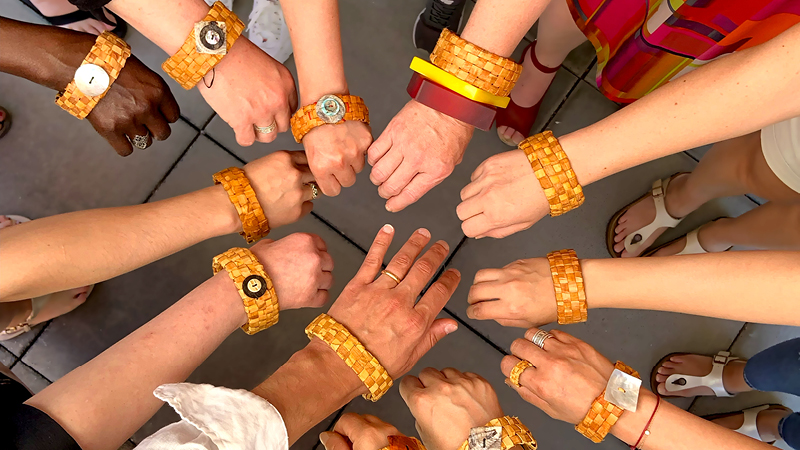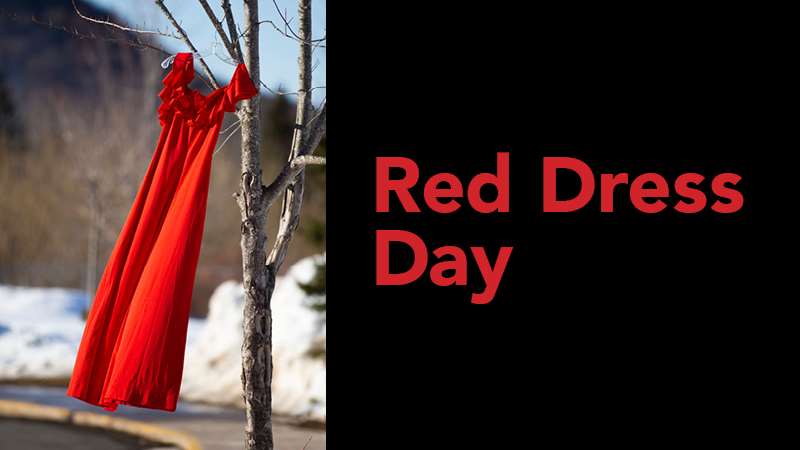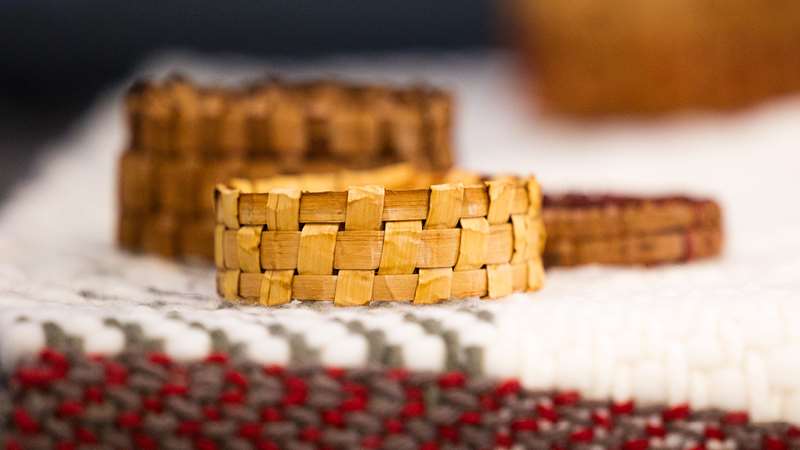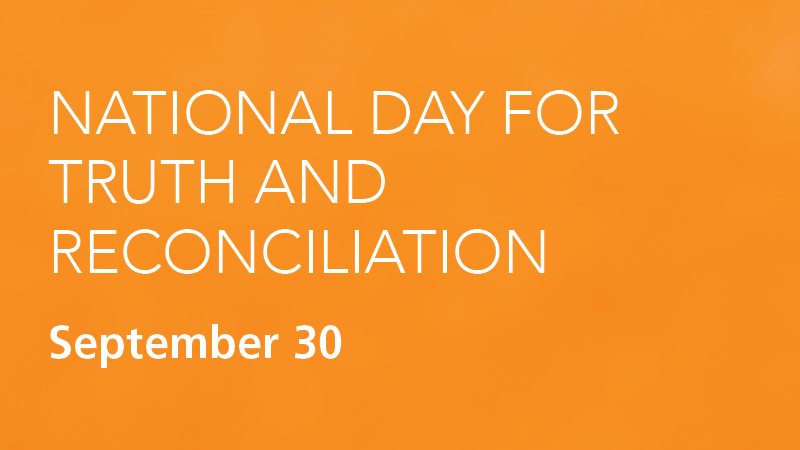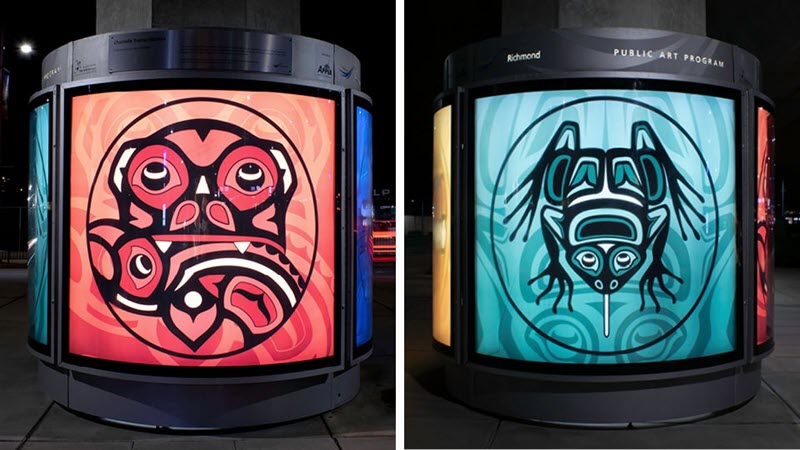Indigenous Relations
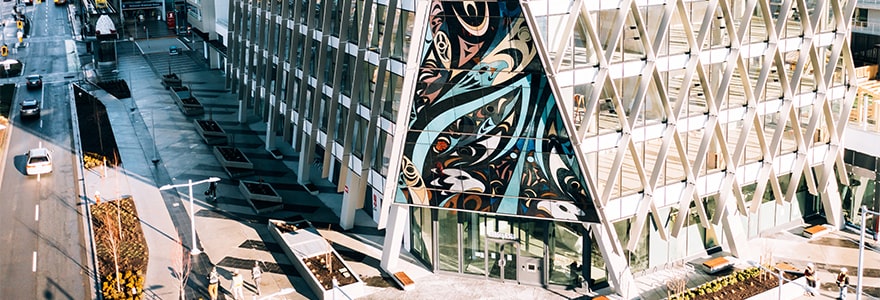
The City of Richmond’s vision for reconciliation is to build respectful relationships and collaborative partnerships with local First Nations and urban Indigenous communities in and around Richmond. The City recognizes that the process of reconciliation requires a long-term commitment to renew and develop relationships with Indigenous Peoples and address the harms caused by colonization and systemic racism.
Taking Action towards Reconciliation
Advancing Indigenous Relations
In January 2024, the City of Richmond hired a Manager, Indigenous Relations to move the work of reconciliation forward in the city. As part of this work, the City is currently in the process of developing an Indigenous Relations Strategy which will inform the City’s approach on Indigenous engagement and reconciliation in cooperation with local First Nations as well as the urban Indigenous Peoples who live in Richmond.
Strengthening Government-to-Government Relationships
The City of Richmond is committed to building and maintaining positive and respectful relationships with individual First Nations in order to advance reconciliation between Indigenous and non-Indigenous people.
Integrating Indigenous Cultural Heritage Practices
The City regularly undertakes collaborative projects with Indigenous artists that contribute to the reconciliation process, including integrating Indigenous cultural heritage practices into its programming and engaging in activities that support community awareness and education throughout the year. The Point House displays at Britannia Shipyards National Historic Site tell the story of the Point family, who are Musqueam, and the house they lived in at what is now called Garry Point. Musqueam artist Debra Sparrow created a hand-woven blanket during her tenure at the Blue Cabin Floating Artist Residency in Steveston that now hangs at the entrance of Council Chambers at Richmond City Hall. The Richmond Public Library hosts an annual Indigenous Author Series which provides a forum for diverse voices from Nations across Canada and features writing workshops, storytelling, and author visits for both children and adults. Past speakers include Chief Robert Joseph and Jody Wilson-Raybould.
Public art by Indigenous artists can be found throughout the community. These original works add vibrancy to the public realm while promoting cultural awareness and understanding. The most prominent example is Sea to Sky by Musqueam artist Thomas Cannell in collaboration with Franz Mayer of Munich. This five-story integrated glass artwork located on No. 3 Road near the Canada Line terminus features traditional iconography of the Pacific Northwest and the teachings and culture of Thomas Cannell’s Musqueam ancestors.
The City is committed to the repatriation of cultural artifacts belonging to Indigenous Peoples. The return of cultural artifacts to their original communities is an important part of reconciliation. It is one way to acknowledge Indigenous Peoples’ authority over their history and future. City staff have generated a list of objects in the City’s care that may have connections to Indigenous Peoples. Staff have begun the process of sharing this information with local First Nations and are working with communities to better understand these objects as an initial step in potential repatriation. The City does not hold any ancestral remains in its collection.
Commemorating Days of Significance
Throughout the year, the City recognizes a number of significant dates that provide opportunities to learn more about Indigenous Peoples’ histories, traditions, and present realities.
Red Dress Day, also known as the National Day of Awareness for Missing and Murdered Indigenous Women, Girls, and 2SLGBTQIA+ People is observed each year on May 5th. The day honours and brings awareness to the thousands of Indigenous women, girls, Two-Spirit, and gender-diverse people who have been subject to disproportionate violence in Canada.
National Indigenous History Month and National Indigenous Peoples Day in June is an opportunity to learn about the cultures, traditions, and perspectives of Indigenous Peoples. Each year, Richmond hosts a variety of events that highlight the history, heritage, and resilience of Indigenous Peoples.
The National Day for Truth and Reconciliation, observed each year on September 30th, honours Survivors of the residential school system and the children who were never returned home, as well as their families and communities. It is an opportunity to commemorate and learn more about the history and legacy of the residential school system and how it continues to impact Indigenous communities.
Building Indigenous Cultural Competency
TheTruth and Reconciliation Commission (TRC) of Canada Call to Action #57 calls upon all levels of government to provide education to public servants on the history of Indigenous Peoples, including the history and legacy of residential schools, and the United Nations Declaration on the Rights of Indigenous Peoples. It also calls for skills-based training in intercultural competency, conflict resolution, human rights, and anti-racism.
In response to Call to Action #57 of the TRC Report, the City has provided a number of learning opportunities to leadership and staff at all levels to develop cultural awareness, understanding, and safety. All City staff, as well as staff from the Richmond Olympic Oval, Richmond Public Library, and Community Associations and Societies, are mandated to take Indigenous Awareness training. The training module provides the foundational knowledge on the relationship between Canada, Indigenous Peoples, and the Truth and Reconciliation Commission of Canada, and promotes a renewed relationship between Indigenous Peoples and non-Indigenous Peoples through learning about truth and reconciliation.
In addition, the City has engaged in many activities that support staff education, such as an in-depth experiential and self-reflective workshop on the history and impacts of residential schools in Canada, an online workshop on anti-Indigenous racism as well as lunch-and-learn sessions on the health-related impacts of the residential school system and on mental health and Indigenous communities in commemoration of National Day for Truth and Reconciliation.
Key City Reports
- Indigenous Relations Strategy – Proposed Guiding Principles and Focus Areas
- Truth and Reconciliation Update
Resources
- Truth and Reconciliation Commission of Canada
- National Centre for Truth and Reconciliation
- Implementing the United Nations Declaration on the Rights of Indigenous Peoples (UNDRIP) Act
- Declaration on the Rights of Indigenous Peoples Act (DRIPA)
- Indigenous Peoples in Richmond – 2021 Census of Population Profile
Manager, Indigenous Relations
CPMG@richmond.ca 604-276-4000


